
Copernical Team
NASA’s Webb Reaches Alignment Milestone, Optics Working Successfully
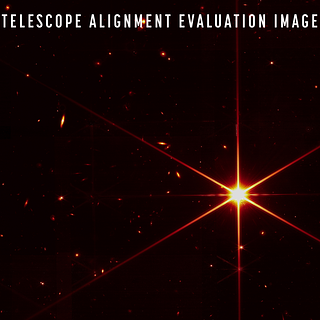 Following the completion of critical mirror alignment steps, NASA’s James Webb Space Telescope team expects that Webb’s optical performance will be able to meet or exceed the science goals the observatory was built to achieve.
Following the completion of critical mirror alignment steps, NASA’s James Webb Space Telescope team expects that Webb’s optical performance will be able to meet or exceed the science goals the observatory was built to achieve. Smile payload module travels to China
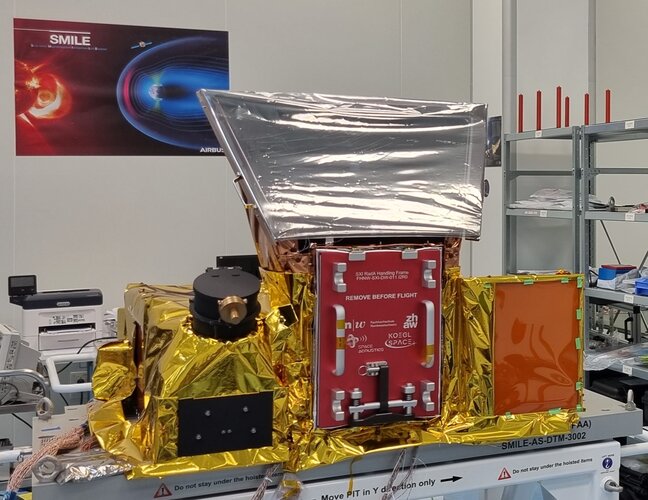 Image:
Smile payload module travels to China
Image:
Smile payload module travels to China Webb reaches alignment milestone
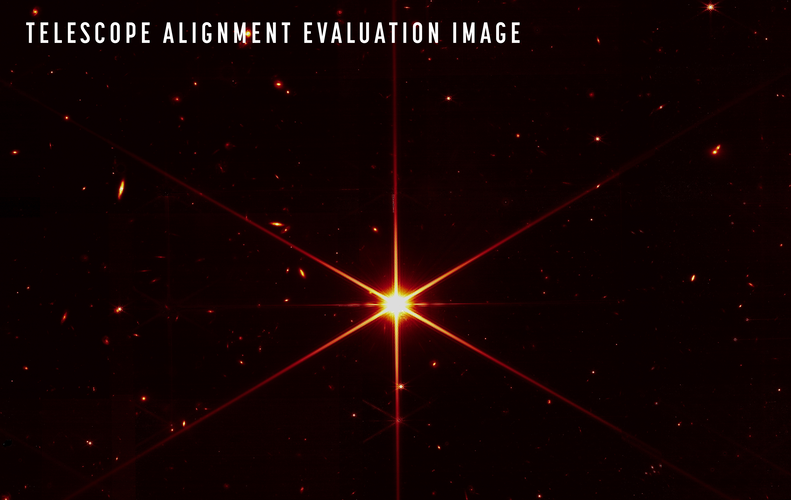
Following the completion of critical mirror alignment steps, the NASA/ESA/CSA James Webb Space Telescope team expects that Webb’s optical performance will be able to meet or exceed the science goals the observatory was built to achieve.
Gaia snaps photo of Webb at L2

On 18 February, the NASA/ESA/CSA James Webb Space Telescope was photographed by ESA’s Gaia observatory.
Lunar scientists and engineers design Moon cave explorer
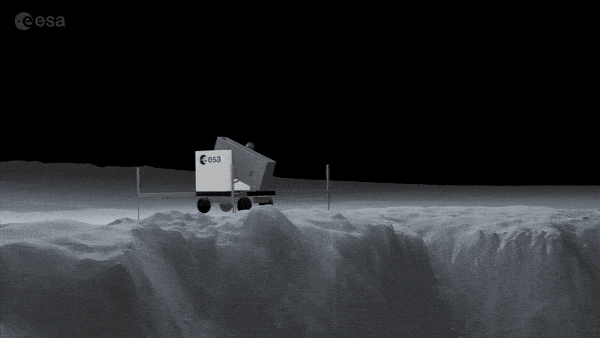
Lunar caves are not only a geologically pristine record of the Moon's history, but they could also provide a safe home for future human explorers. Building upon ESA Discovery's OSIP call and SysNova challenge, ESA gathered a spectrum of over 60 experts in many different areas of science and engineering to design a mission to enter a pit on the Moon's surface and explore the entrance to a lunar cave.
Unlimited 3D printing for space
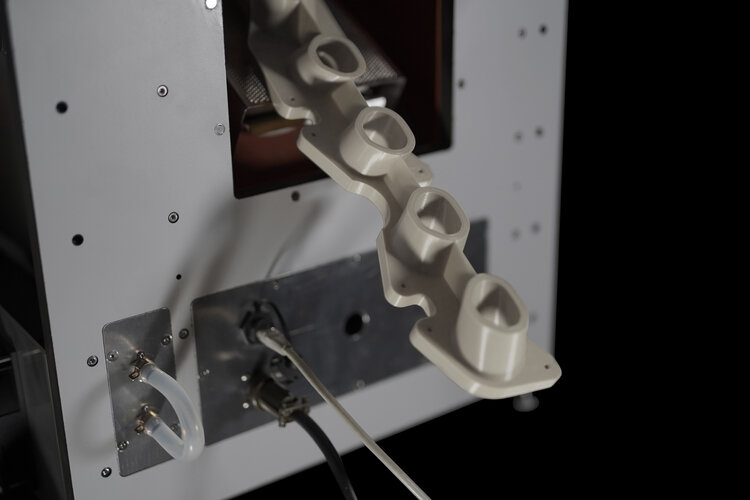 Image:
Unlimited 3D printing for space
Image:
Unlimited 3D printing for space Planet Labs PBC launches next generation PlanetScope with Eight Spectral Bands
 Planet Labs PBC (NYSE: PL) has announced the general availability of the next generation of its PlanetScope Monitoring product, offering high quality, analysis-ready data to all existing PlanetScope customers. While previously offering four spectral bands, PlanetScope will now include eight spectral bands in addition to a series of enhancements, providing customers with richer, cleaner, and more
Planet Labs PBC (NYSE: PL) has announced the general availability of the next generation of its PlanetScope Monitoring product, offering high quality, analysis-ready data to all existing PlanetScope customers. While previously offering four spectral bands, PlanetScope will now include eight spectral bands in addition to a series of enhancements, providing customers with richer, cleaner, and more Sky is not the limit for solar geoengineering
 There are practical limits to the height at which aerosols may be deployed in the atmosphere to deflect incoming sunlight and countervail global warming. Very high-altitude injections might be more effective, but such climate intervention comes with substantially increased costs and safety risks, according to new research published in Environmental Research Communications.
Following a prom
There are practical limits to the height at which aerosols may be deployed in the atmosphere to deflect incoming sunlight and countervail global warming. Very high-altitude injections might be more effective, but such climate intervention comes with substantially increased costs and safety risks, according to new research published in Environmental Research Communications.
Following a prom NASA sharpens focus of James Webb Space Telescope
 NASA on Wednesday planned to release details about how the agency is sharpening the focus of the large main mirror on the James Webb Space Telescope, which will start peering at the earliest galaxies in the universe soon.
NASA plans to update the press and the public on James Webb progress during a virtual press conference at noon EDT.
Previously, the agency released early images fro
NASA on Wednesday planned to release details about how the agency is sharpening the focus of the large main mirror on the James Webb Space Telescope, which will start peering at the earliest galaxies in the universe soon.
NASA plans to update the press and the public on James Webb progress during a virtual press conference at noon EDT.
Previously, the agency released early images fro Astronauts wrap up spacewalk outside ISS to prep for new solar arrays
 Two NASA astronauts completed a spacewalk Tuesday to prepare for the installation of new solar arrays at the International Space Station, amid tension between Russia and the United States over the Ukraine conflict.
Astronauts Kayla Barron, 34, and Raja Chari, 44, spent six hours and 54 minutes on their spacewalk, having exited the station around 8:15 a.m. EDT - their second and first spac
Two NASA astronauts completed a spacewalk Tuesday to prepare for the installation of new solar arrays at the International Space Station, amid tension between Russia and the United States over the Ukraine conflict.
Astronauts Kayla Barron, 34, and Raja Chari, 44, spent six hours and 54 minutes on their spacewalk, having exited the station around 8:15 a.m. EDT - their second and first spac 